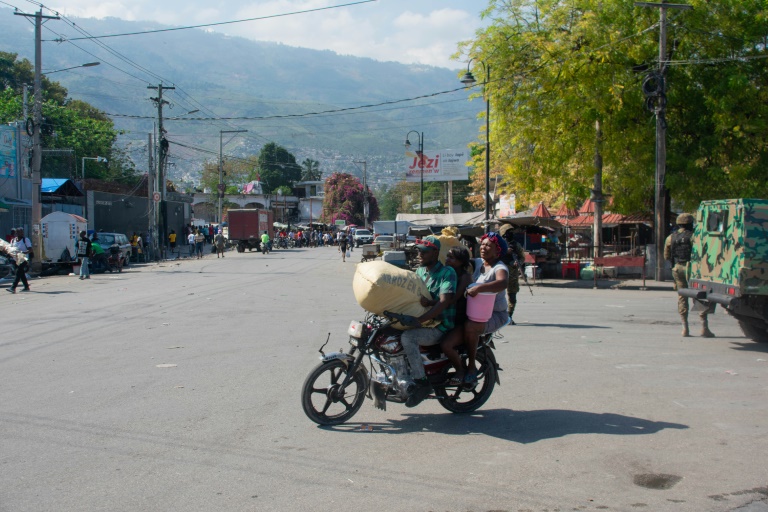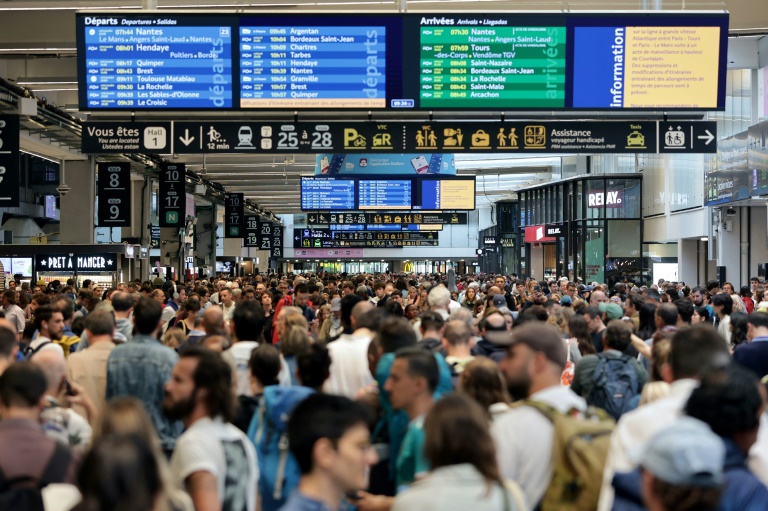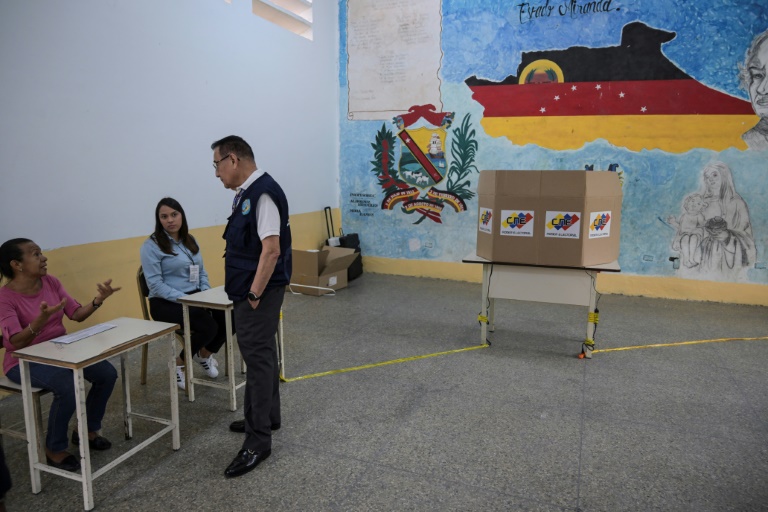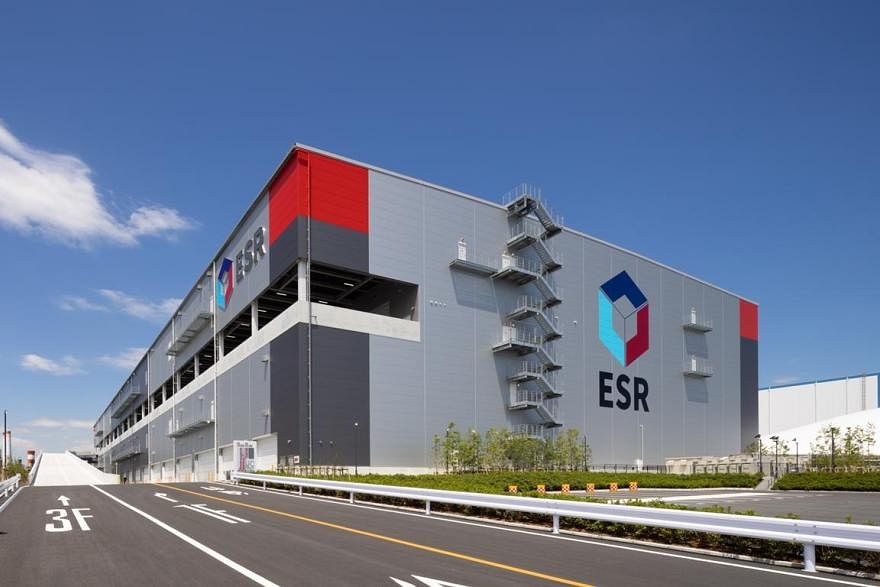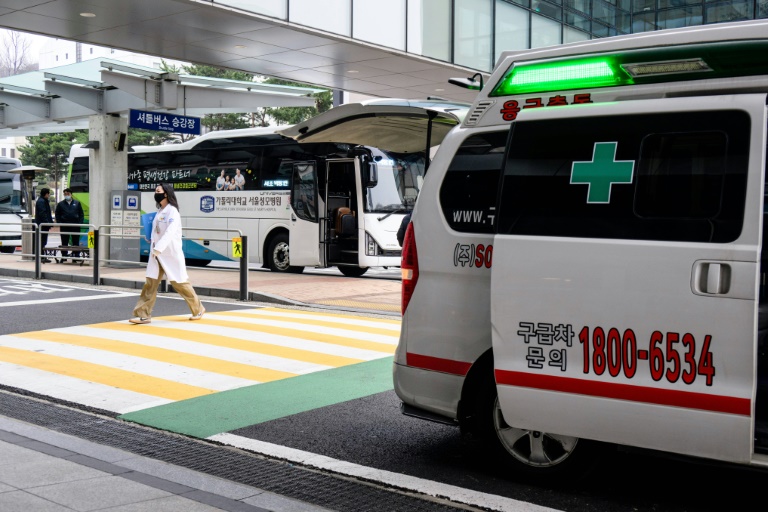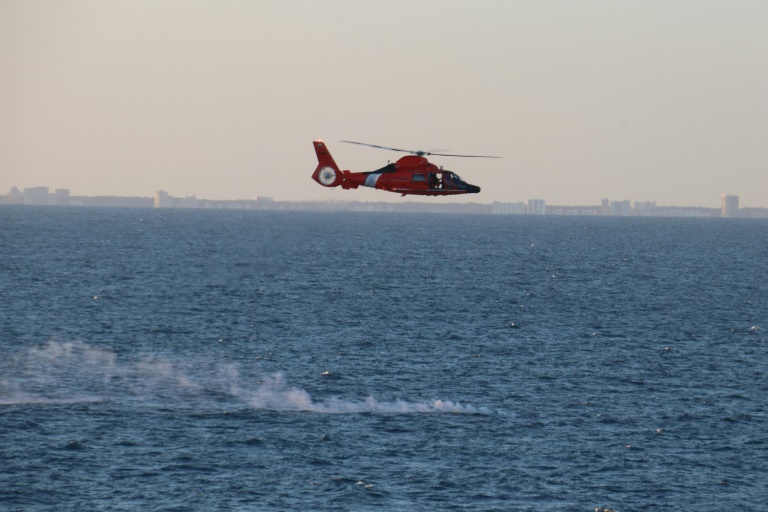Envoys from key nations will meet Monday in the Caribbean to address the spiraling situation in Haiti, as gang violence crippled the impoverished island nation’s capital and forced foreign diplomats to flee over the weekend.
Criminal groups, which already control much of Port-au-Prince as well as roads leading to the rest of the country, have unleashed havoc in recent days as they try to oust Prime Minister Ariel Henry as leader of the Western Hemisphere’s poorest country.
CARICOM, an alliance of Caribbean nations, has summoned envoys from the United States, France, Canada and the United Nations to a meeting in Jamaica to discuss the violence and ways to provide assistance to Haiti.
On Sunday, the vice president of Guyana, Bharrat Jagdeo, said the countries would “seek to bring order and restore some faith in the people of Haiti.”
“Criminals have now take over the country. There is no government, it is becoming a failed society,” he added.
With dysfunction growing, bodies have been seen lying in Port-au-Prince streets and the unrest has internally displaced 362,000 Haitians, according to the International Organization for Migration.
On Sunday, the United States said it had airlifted non-essential American staff from its embassy in Port-au-Prince.
The US military additionally said it had “conducted an operation to augment the security of the US Embassy at Port-au-Prince, allow our Embassy mission operations to continue, and enable non-essential personnel to depart.”
A State Department spokesperson said the embassy nonetheless “remains open, on limited operations” with reduced personnel.
The German foreign ministry meanwhile said its ambassador joined other European Union representatives in leaving for the Dominican Republic on Sunday.
“Due to the very tense security situation in Haiti, the German ambassador and the permanent representative in Port-au-Prince left for the Dominican Republic today together with representatives from the EU delegation,” a ministry spokesman told AFP, adding that they would work from there “until further notice.”
On Saturday, dozens of residents sought safety in public buildings, with some successfully breaking into one facility, according to an AFP correspondent.
And police late Friday repelled gang attacks, including on the presidential palace, and several “bandits” were killed, Lionel Lazarre of the Haitian police union said.
The well-armed gangs recently have attacked critical infrastructure, including two prisons, allowing most of their 3,800 inmates to escape.
Along with some ordinary Haitians, the gangs are seeking the resignation of Prime Minister Henry, who was due to leave office in February but instead agreed to a power-sharing deal with the opposition until new elections are held.
Washington has asked Henry to enact urgent political reform. He was in Kenya when the violence erupted and is now reportedly stranded in US territory Puerto Rico.
The UN Security Council gave its green light in October for a multinational policing mission led by Kenya, but that deployment has been stalled by Kenyan courts.
Port-au-Prince and western Haiti are under a month-long state of emergency, and a nighttime curfew is in effect until Monday, though it is unlikely overstretched police can enforce it.
In Port-au-Prince, Filienne Setoute told AFP how she had worked for the Ministry of Social Affairs and Labor for more than 20 years.
That job meant she “was able to build my own house,” she said. “But now here I am, homeless. I’m fleeing without knowing where to go, it’s an abuse.”
Haiti’s airport remained closed while the main port — a key point for food imports — reported looting since suspending services Thursday.
In one hopeful sign, a Catholic parish said Sunday that four missionaries and an associate were freed after being kidnapped last month in Port-au-Prince, where abductions have become commonplace.
AFP
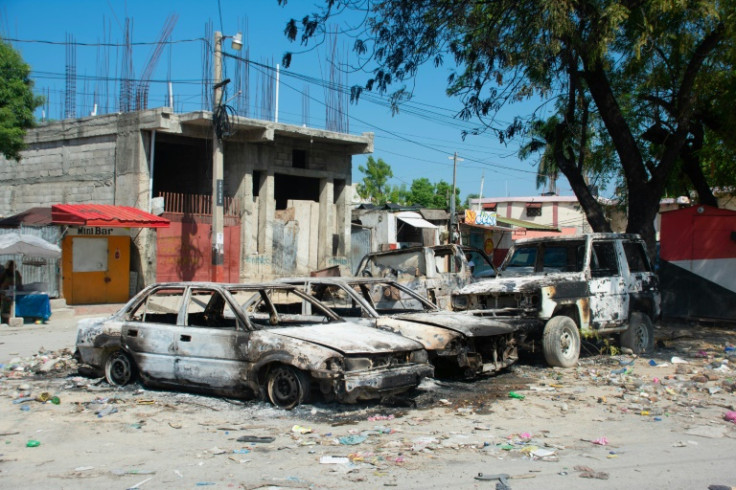
AFP
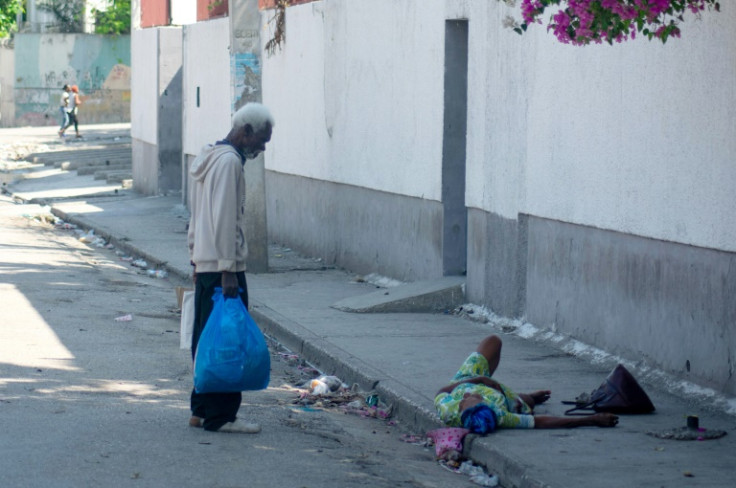
AFP

